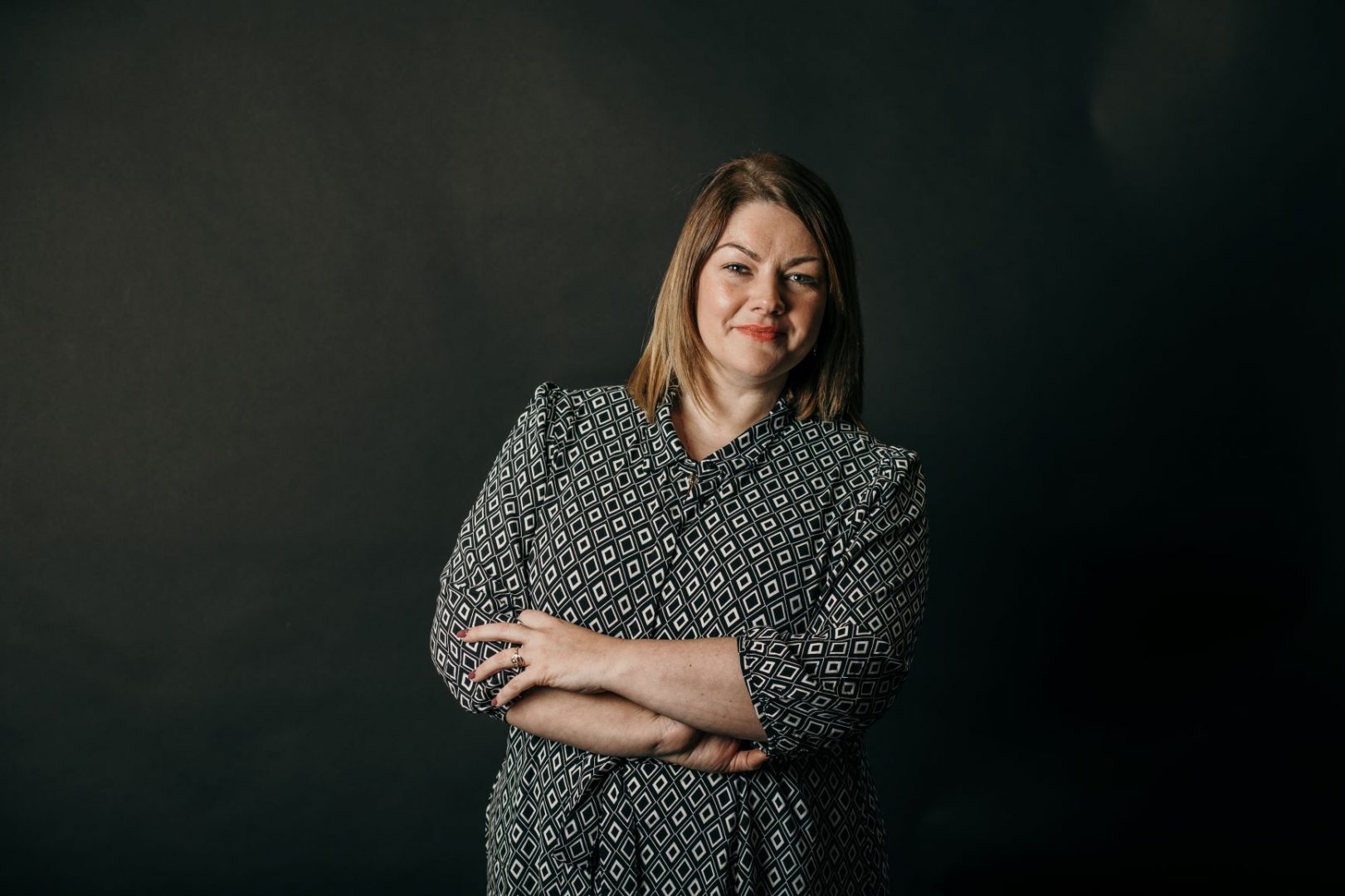Why Ride-hailing Is Thriving In Egypt, And Why UK’s UVA Just Joined The Race
Egypt is the country where the global ride-hailing giant, Uber, has the highest number of drivers in Africa. Over 200,000 and counting. By October 2019, this was 13,000 in South Africa, 12,000 in Kenya as at 220 and 9000 in Nigeria as at 2018.
It is therefore not surprising that Tony West, Uber’s senior vice-president, noted last year November that as one of Uber’s top 10 markets globally, Egypt is “one of the most important markets for the US-based ride-sharing company in the Middle East.” His statement is also, by implication, evident in the $3.1bn acquisition of Careem, Uber’s Middle Eastern rival in the ride-hailing business. The approval for Careem’s acquisition from Egypt’s regulatory authorities played a huge role in that deal.

But despite this huge number for Uber, the North African country still hosts other competitors such as Careem, Swvl, and more recently Indriver.
Read also:Egyptian Ride-hailing Startup SWVL Expands To Saudi Arabia, Its Fourth Market
Now, also joining that list is UK’s UVA which is set to launch across Egypt’s Cairo and Giza.
UVA has completed all official procedures to begin operations after delaying its launch due to the pandemic. The first phase of the launch will begin on June 1st, with 3,000 drivers available across the governorates of Cairo and Giza.
UVA, which was founded by Ibrahim Aldaajani, offers a set-price feature when ordering a ride through their app, promising to remove surge charges that are still present in other e-hailing services as part of their mission to provide better service and lower rates for passengers. Drivers may also sign up in a creative, convenient, and user-friendly way, with the entire application process taking place via the app.
Read also:MainOne’s Cloud Connect to Increase Business Connectivity in West Africa
With a population of over 20 million people, Cairo is one of Africa’s most populous metropolitan cities, with every highway, lane, and alleyway clogged with cars and motorcycles spewing fumes into the air. The city is also considered the most densely populated in the world.
The Cairo Metro is half the size of the Washington D.C. Metro and carries four times as many passengers per half-mile of track, with 4 million daily riders on its three lines. Similarly, the public bus system is inadequate. Cairo has one of the lowest bus populations per million people among the world’s major cities.
The microbuses, a network of semiformal private vans that are ubiquitous on Cairo’s streets, are the most used and important component of the city’s transit system (and most African cities). Microbuses are notorious for traveling at dangerous speeds, packing in as many passengers as they can, and ignoring traffic rules, despite being filthy, cheap, and with lines all over the place.
Read also:Airtel Leaves Ghana, Sells Business To Ghanaian Government
This is where UVA and other ride-hailing apps come in.
Charles Rapulu Udoh

Charles Rapulu Udoh is a Lagos-based lawyer who has advised startups across Africa on issues such as startup funding (Venture Capital, Debt financing, private equity, angel investing etc), taxation, strategies, etc. He also has special focus on the protection of business or brands’ intellectual property rights ( such as trademark, patent or design) across Africa and other foreign jurisdictions.
He is well versed on issues of ESG (sustainability), media and entertainment law, corporate finance and governance.
He is also an award-winning writer

